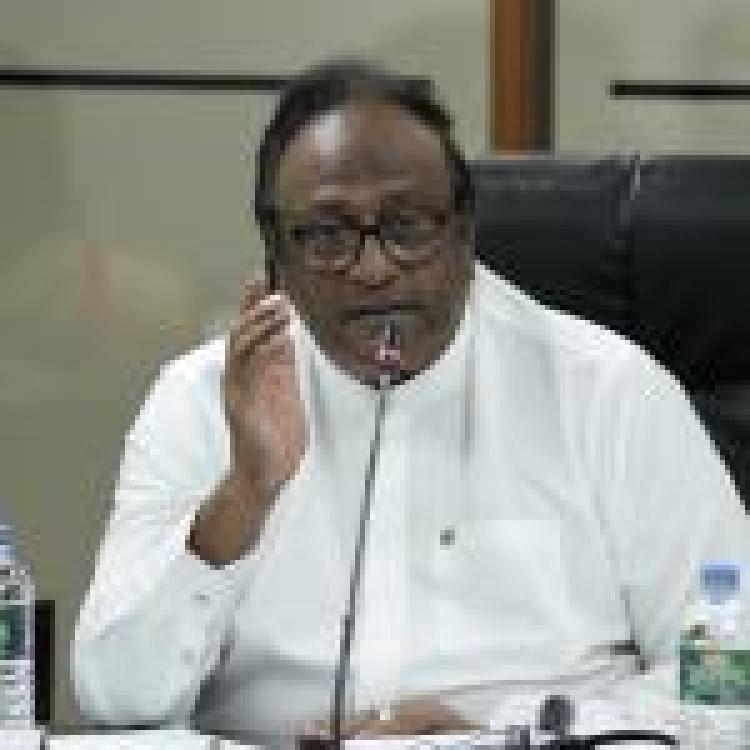
Sarath Weerasekara, the Chairman of the Sectoral Oversight Committee on Natural Security has warned that the war crimes evidence gathering mechanism created by the United Nations Human Rights Council (UNHRC) poses a "dangerous situation" for Sri Lankan military officers who stand accused of war crimes.
In 2021, the UNHRC passed Resolution 46/1 which mandated the Office of the High Commissioner for Human Rights to "collect" as well as "consolidate, analyse and preserve” evidence that could be used in future war crimes trials.
The former Minister told the members that several countries were working together to file cases in their countries and in international courts under the principle of universal jurisdiction against certain members of the military and politicians who have been credibly accused of committing human rights abuses. The Sri Lankan government continues to reject all international mechanisms while the Tamil nation has continously called for international accountability since the genocide at Mullivaikkal in 2009.
According to the Sri Lankan parliamentary brief, Weerasekera had instructed the Ministry of Foreign Affairs to take immediate measures to stop the accusations of war crimes by other countries of the world against the Sri Lankan military personnel and the prosecution of cases in the International Military Tribunal.
Attorney at Law Darshana Weerasekera, who was called before the committee had stated that Sri Lanka should have a strong domestic mechanism that can break the external mechanism with evidence. All of Sri Lanka's previous domestic accountability measures have failed to meaningfully investigate and prosecute those accused of war crimes and to account for thousands of Tamils who were forcibly disappeared at the hands of the Sri Lankan military.
In a recent report, the OHCHR highlighted that the "continuing accountability deficit in Sri Lanka is clear and unequivocal". The OHCHR reiterated that individual states can exercise the principle of universal jurisdiction to investigate and prosecute individuals responsible for enforced disappearances in Sri Lanka. The OHCHR also called for “targeted sanctions” including asset freezes and travel bans on Sri Lankan officials credibly accused of war crimes.

